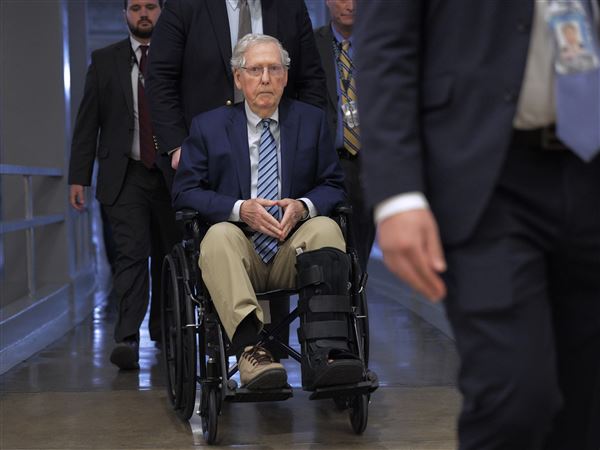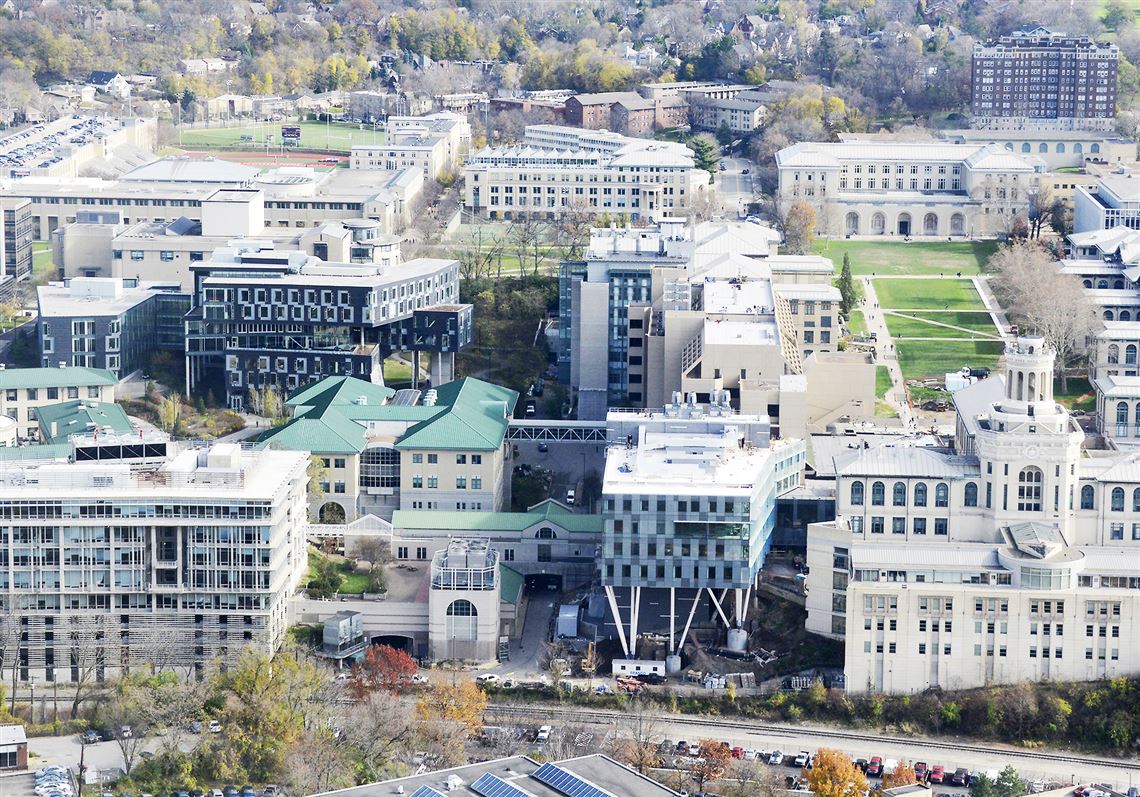Carnegie Mellon University has hit on an interesting strategy for predicting which industries are most likely to be affected by artificial intelligence in coming years — knowledge that has the potential to affect government policy, career training and economic planning. This work has important implications for helping prepare for — and derive the most benefit from — technological advances ahead.
CMU will use a $200,000 grant, provided through The Heinz Endowments’ Future of Work initiative, to scour AI-related patents filed with the federal government. Because patent applications include significant information about how breakthrough technology would be used, the CMU researchers hope to use the documents to construct a map of the industries in line for the biggest change due to AI.
Pittsburghers may be most familiar with AI’s applications in health care and self-driving cars, but its reach is much broader. The CMU research has the potential to reveal how much broader, where it’s likely to make inroads and when. While the study is being led by Lee Branstetter, professor of economic and public policy, the university’s computer science whizzes will provide the expertise needed for a machine-aided review of many patent applications.
The Harrisburg-based Keystone Research Center plans to use the findings to develop public policy proposals. But the data should be provided in a format that allows many parties to make use of it. That could include schools that need insight into curriculum development, chambers of commerce trying to build bridges between the classroom and the workplace, industries wondering how the landscape might change and economic planners looking well into the future.
For example, patent applications suggesting a significant AI impact in a given field could galvanize workforce development, let business owners know what’s around the bend so they could make appropriate preparations, help community leaders make infrastructure plans and prompt entrepreneurs to consider spinoff businesses.
To this point, determining the direction or predicting the coming impact of AI has been something like trying to grab a balloon with one hand. It may be the U.S. Patent and Trademark Office is the closest thing to a central repository of data researchers may find, and it seems more useful than other data sources, such as emerging academic trends and venture capital allocations, that might offer insight.
Pittsburghers know that CMU is a leader in self-driving vehicles and other forms of AI. It would be a boon also to be a leader in figuring out where the exponential growth in this technology is taking us.
First Published: January 20, 2018, 5:00 a.m.

















